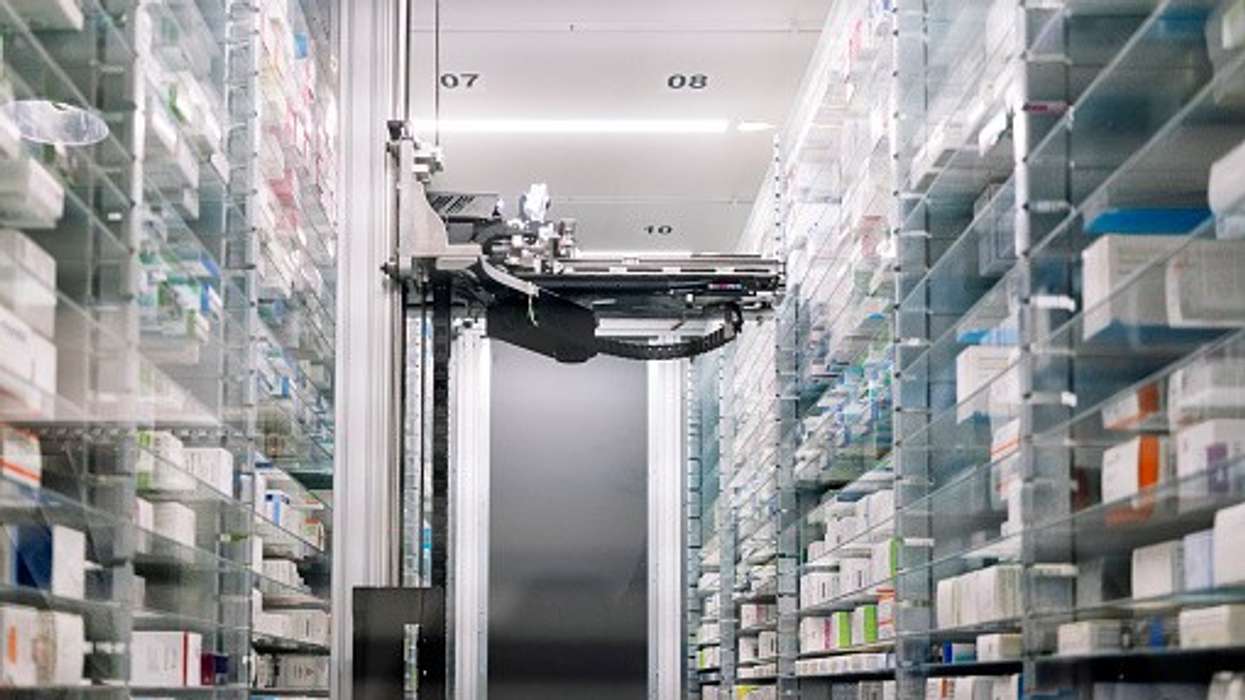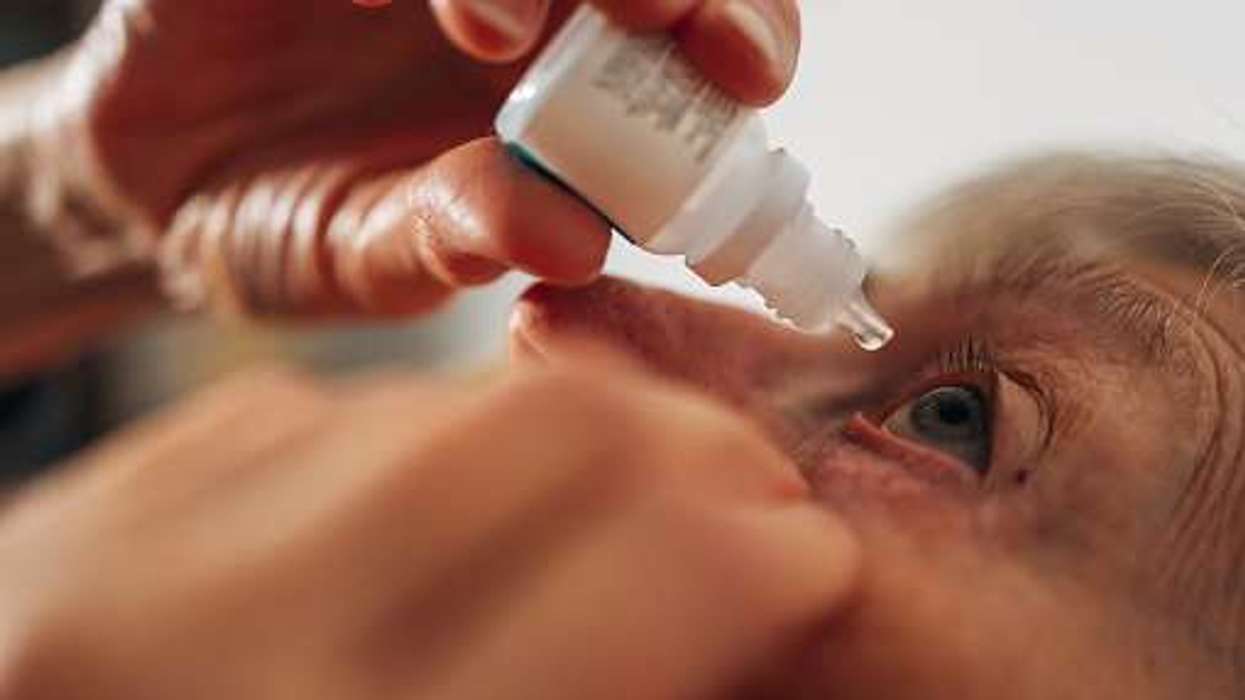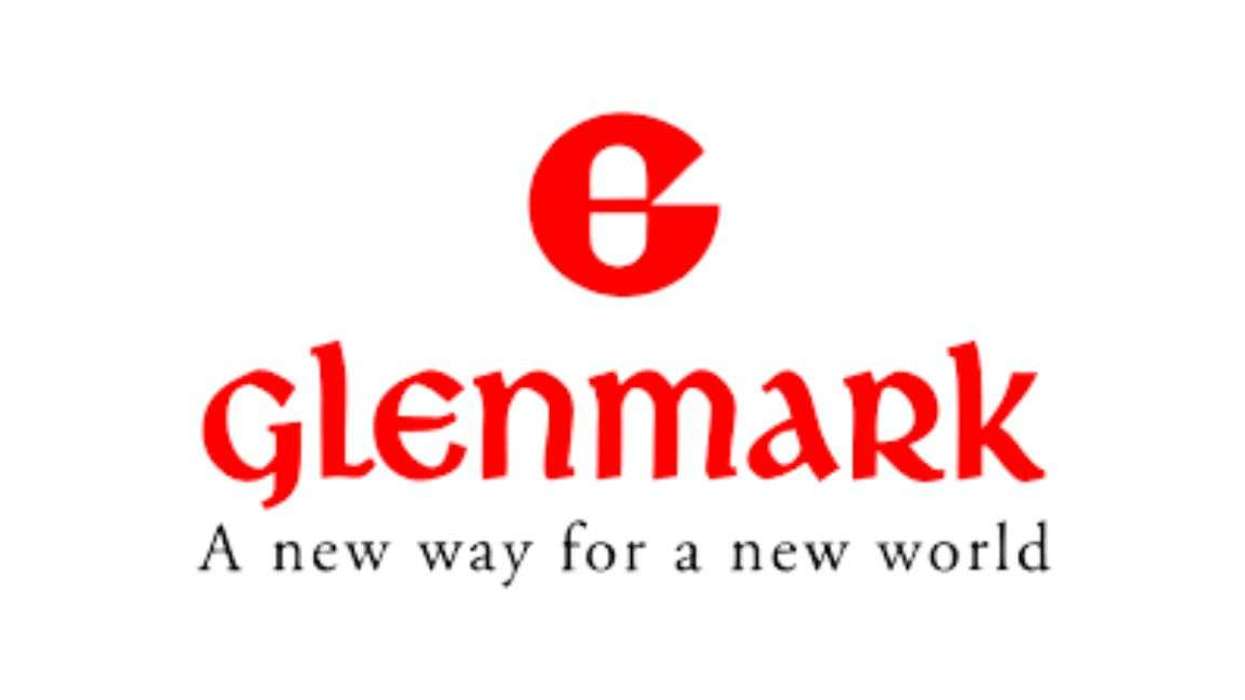Community pharmacies will be able to deliver approximately 15 million blood pressure screenings by 2026, revealed the Company Chemists’ Association (CCA)'s new research.
This will also prevent 15,000 people from suffering heart attacks or strokes. CCA has called the Government to take up their offer and commission pharmacies as the first port of call for cardiovascular care.
“Thousands of lives can be saved with ambitious commissioning and the investment to match,” said CCA.
There is an opportunity to use the expertise of community pharmacy to go further and provide the care these newly identified patients’ need. To do this the sector needs funding and workforce.
The association said: “Community pharmacy is under great financial pressure, suffering a real term funding cut of over 30% over 8 years. With funding, the sector can transform to deliver this critical need for patients.
Whilst there are plans to train Independent Prescribers (IPs), there are no clear roles for them to use these skills. There is a need to accelerate training plans to allow pharmacists to deliver the service described here and play their part in CVD management.”
Malcolm Harrison, Chief Executive of the CCA said: “Pharmacies will deliver 15 million blood pressure checks by 2026. The sector can, and should, play a huge role in the nations fight against cardiovascular disease.
Whilst the funding model for community pharmacy is broken, it is not beyond repair. Investing in community pharmacy to become the first point of contact for cardiovascular disease is a sure-fire way of freeing up GP capacity, reversing health inequalities and ultimately saving lives.
On average pharmacies are underfunded by more than £67,000 every year. It’s now time that the Government and NHS invest in the tremendous potential of community pharmacy”.
John Maingay, Director of Policy and Influencing at the British Heart Foundation, said: “By delivering blood pressure checks to more people more easily, high street pharmacies are helping to save lives every day. Local pharmacies are well placed to detect high blood pressure and help people receive appropriate care, while also relieving some of the immense pressure on GPs.
“High blood pressure often doesn’t present any symptoms but if left untreated, it can lead to a life-threatening heart attack or stroke. That’s why it’s important to get your blood pressure checked at a local pharmacy, GP surgery or during a free NHS health check in England, especially if you have a family history of heart and circulatory diseases. A quick and simple five-minute test could prevent a future heart attack or stroke, and even save your life.”
Since October 2021, community pharmacies in England have been commissioned to screen people for high blood pressure – a key risk factor for heart attacks and strokes.
After the first year of the service, community pharmacies delivered nearly 600,000 blood pressure checks identifying over 25,000 people with high blood pressure. 44% of these checks were in the 30% most deprived communities. Using modelling from UCL, we calculate this has prevented over 600 heart attacks and strokes already.











